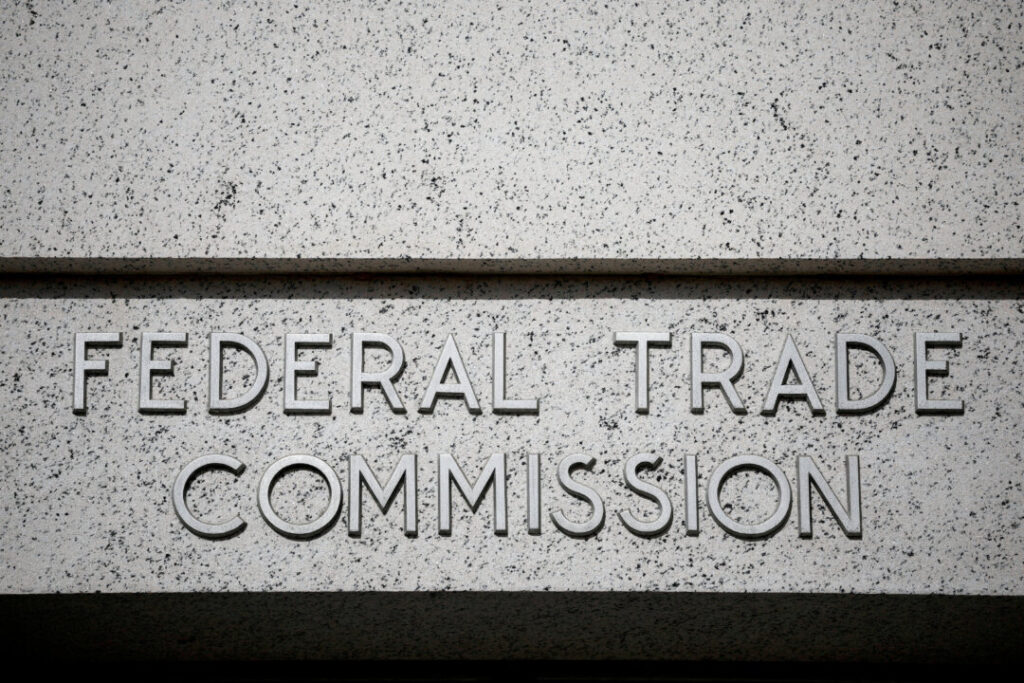The rules face legal challenges from industry groups who claim that the FTC has surpassed its authority by imposing very broad regulations.
The Federal Trade Commission (FTC) has postponed rules that are expected to make it easier for consumers to cancel subscription services and memberships, and has postponed the addition of time to follow businesses.
The rules were announced in October 2024 and came into effect on January 19, 2025. You must obtain explicit informed consent from the consumer. This requires you to obtain explicit informed consent from the consumer before you can sign up for a “negative options” program where the lack of action is treated as an agreement, such as a free trial that automatically converts your paid subscription unless you change your paid subscription in advance, unless you use a paid subscription.
More importantly, the obligation to cancel your subscription must be as simple as signing up. For example, a company may not require that you talk to a representative to call or cancel your customer directly, unless it is the way the customer signed up in the first place. Additionally, businesses must present “clear and prominent” cancellation terms before collecting payment information.
Non-compliance violations are treated as unfair or deceptive practices, and the FTC may seek civil penalties of up to $53,088 for each violation.
The enforcement of some provisions of the regulations had already been postponed until May 14th under the Biden administration. The current Trump-led FTC has not explained why the previous administration chose that particular timeline, but noted that the decision itself clearly indicates that compliance is “some degree of difficulty.”
“After conducting a new assessment of the burden of enforcing compliance by this date, the committee determined that the original delay period did not fully account for the complexity of compliance,” the FTC said on Friday that it had received 3-0 votes in favor of the 60-day delay.
Continuous legal challenges
The rule has been praised by consumer advocacy organizations, but faces strong resistance from industry groups. Trade associations representing advertisers, news publishers, internet and cable providers, home security companies and other sectors have filed four separate cases in the fifth, sixth, eighth, eighth and eleventh Circuits challenging the legality of the rules.
These cases are consolidated in the 8th Circuit in St. Louis. In January, the court rejected a request to suspend the rules while the lawsuit proceeded.
Petitioners accused the FTC of exaggerating its authority by promoting all requirements of one size that extend beyond the narrower, tailored laws passed by Congress. They also argue that having a multi-step cancellation process actually benefits consumers by providing better trading opportunities and protecting against accidental or unwanted cancellations.
The rule was introduced by former Democrat FTC Chairman Lina Khan as part of President Joe Biden’s election year initiative to crack down on what he called “junk charges.” It was approved by three or two votes, and both Republican commissioners voted against it.
It remains unclear whether the Trump-led FTC will continue to defend Biden-era rules, or attempt to fix them, or withdraw them entirely. In an announcement Friday, the agency said it will monitor the impact of the rules once it is implemented and consider changes if necessary.
“Of course, if their enforcement experience reveals a problem with the rules, the committee is open to modifying the rules to address such issues.”



